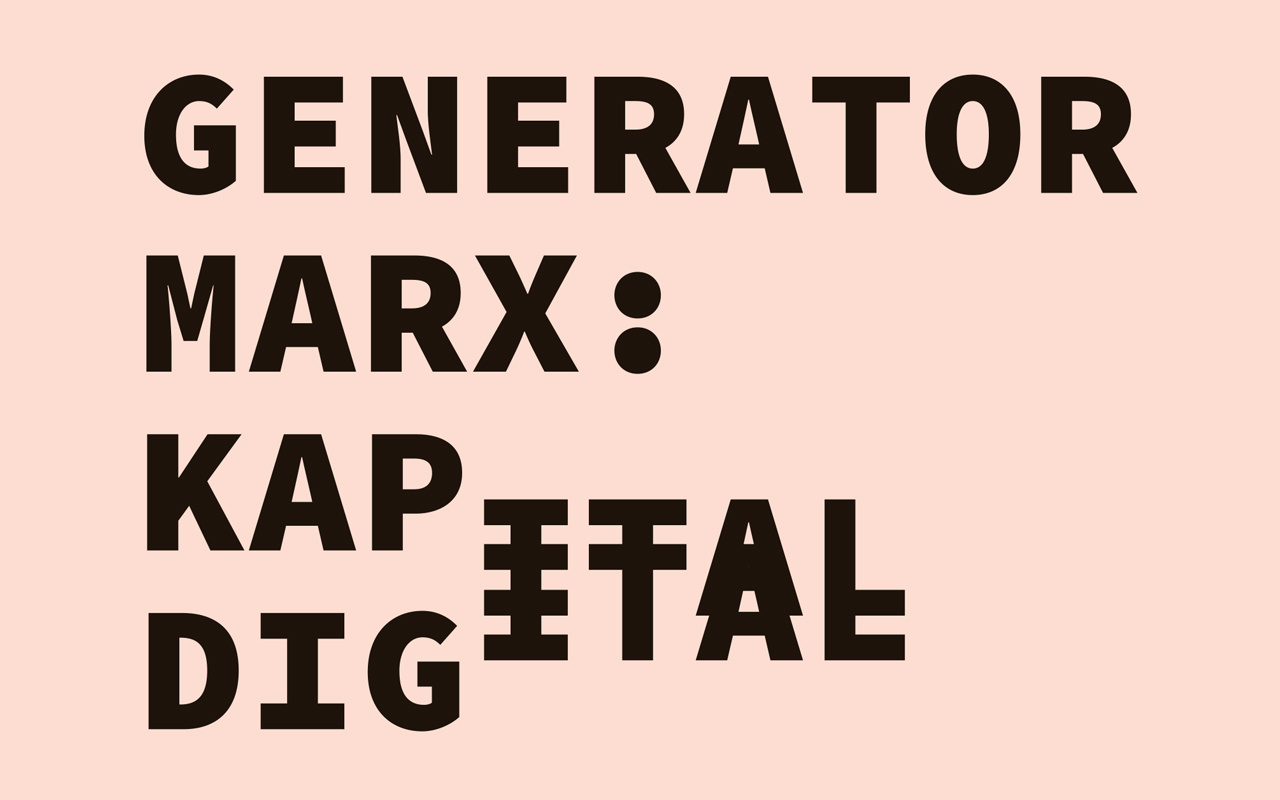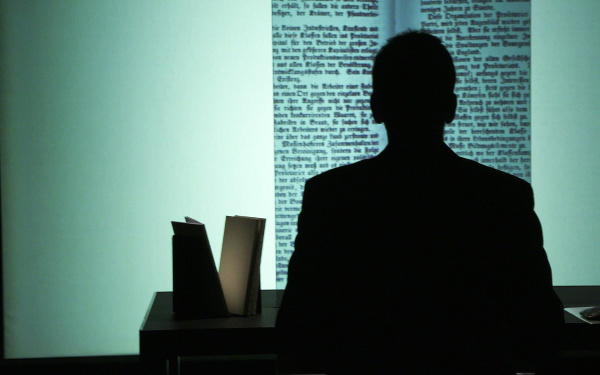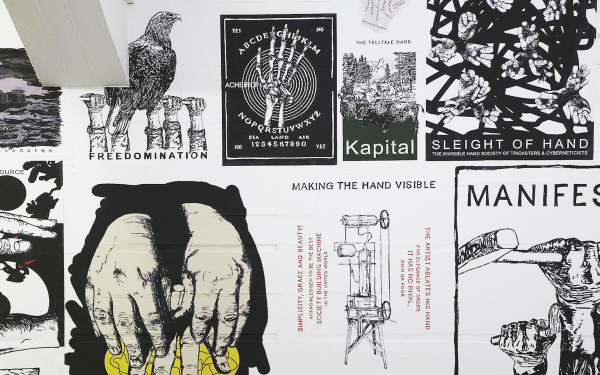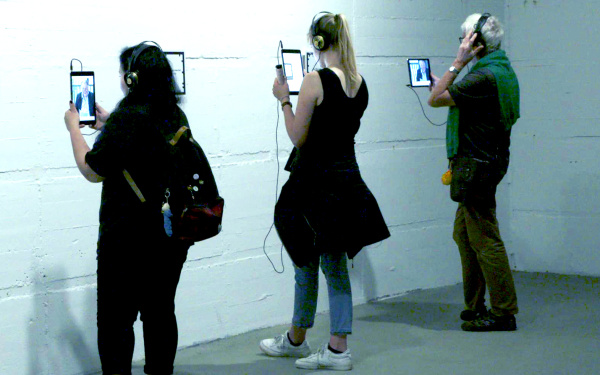- Exhibition
generator marx:
capital | digital
Fri, June 22 – Sun, December 09, 2018
On the occasion of the Karl Marx anniversary in 2018, the ZKM, in cooperation with the University of Trier, presents the exhibition »generator marx: kapital | digital« in the »»generator, the media art laboratory of Trier University, curated by Peter Weibel.
Starting from Karl Marx and his influential critique of the industrial capitalist system, the exhibition poses the question of the nature of capital in today's post-industrial society. Key terms such as »labor« and »commodity production«, which were central to Karl Marx's analysis of industrial society, correspond to current terms such as »data« and »distribution«, which allow for a critical analysis of the economy of the digital age.
The economy of the 19th century was a real economy that focused on human labor and its products. The rise of the financial economy began in the 20th century (Rudolf Hilferding, »Das Finanzkapital«, 1910). The exhibition »generator marx: kapital | digital« focuses on aspects of post-industrial society such as information and data. Since the appearance of telemedia (telegraphy, radio technology, Internet, etc.), there has been a logic of distribution that increasingly superimposes and controls the logic of production. This transition from the historical economy of production to the current economy of distribution is illustrated through mediart, selected for the exhibition (such as Thomas Feuerstein's »Manifesto«) or specifically designed and produced at ZKM for the exhibition. The ensemble of works of art metaphorically reflects the dramas and disasters of different economies and brings together two economic eras by virtue of exhibition space and exhibited works.
The curatorial concept responds to the historically striking rooms of the exhibition site, creating a heterochronous perception situation: Current media art in the form of the installation works »Digital Economy« (Peter Weibel, 2018), »Bibliotheca Digitalis« (Bernd Lintermann, Nikolaus Völzow, Peter Weibel 2018), »Manifesto« (Thomas Feuerstein, 2009), »The Mirror of Distribution« (Bernd Lintermann, Peter Weibel 2018) and »Cathedral of Communism« (Hans G Helms et al., 2018) meets the characteristic functional architecture of the coal cellar and the central heating plant of the former French military hospital André Genet. In a multi-faceted interplay of media virtuality and architectural materiality as well as the appearance of multiple traces of time and data, the exhibition outlines the transformation from the industrial real economy (production economy) to the digital financial economy (distribution economy) as a sensuous event.
The two exhibition rooms, i.e. the coal cellar and the central heating plant, are historical machine rooms representing the industrial revolution. In these spaces of the former real economy, according to Marx's theory, the class struggle of the proletariat against the bourgeoisie was sparked off and subsequently nurtured a »Century of Extremes« (Eric Hobsbawm, 1995). The second economic epoch is represented by computer-assisted works of art, which generate and process data and operate in virtual spaces in a similar way to the digital financial economy. The exhibition thus recalls the past epoch of Karl Marx and at the same time refers to the present, in which the contours of a future digital economy become visible.
Imprint
- Curator
- Project management
Exhibition Teams
ZKM
Martin Mangold, Technical Project Management
Thomas Schwab and Martin Häberle, Planning and Realization
Anton Kossjanenko, Artistic and Technical Support
Sebastian Schottke, Sound Engineering
Yannick Hofmann, Audio Design
Andy Koch and Frenz Jordt, Video Production
Manuel Weber, Lighting Design
Matthias Gommel, Work Design
Dr. Jan Zappe, Book Design
»»generator
Prof. Dr. Ulrike Gehring, Project Management
Dr. Stephan Brakensiek, Project Management
Dr. Andrea Diederichs and Andrea Günther, Realization
Martin Bach, Wolfgang Feller and all other employees of Dept. IV



